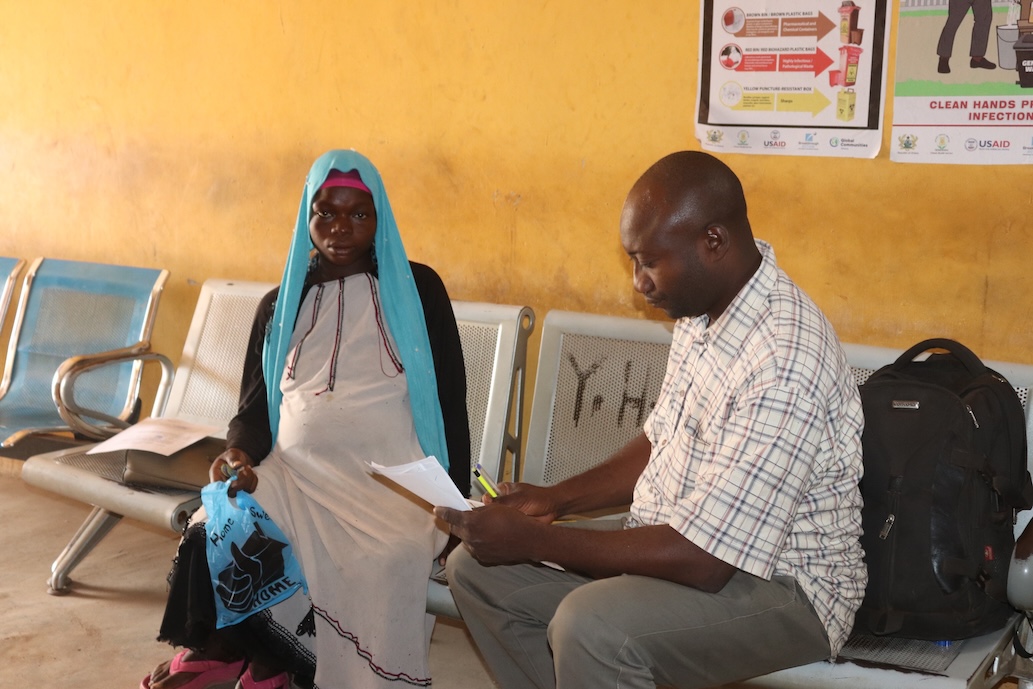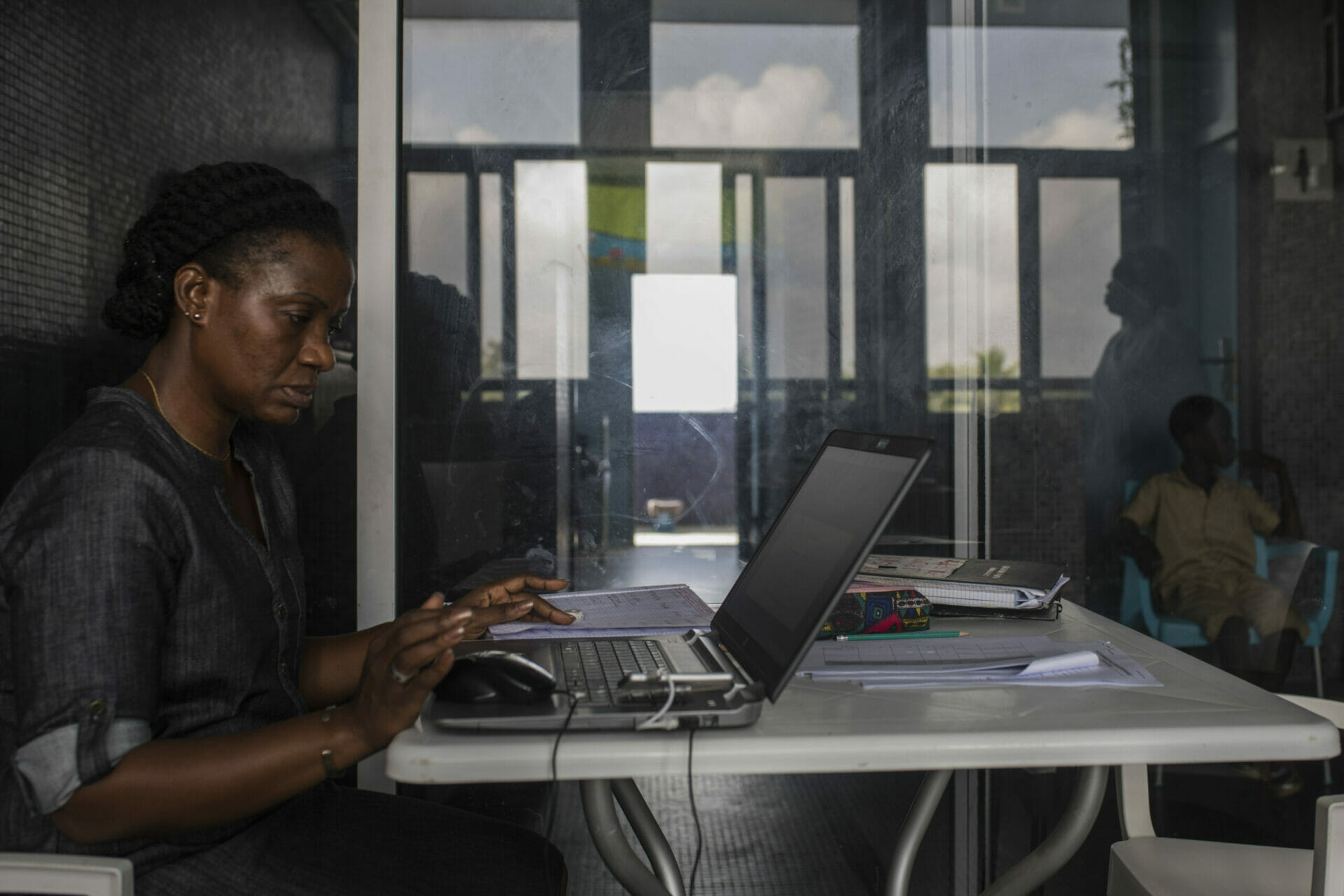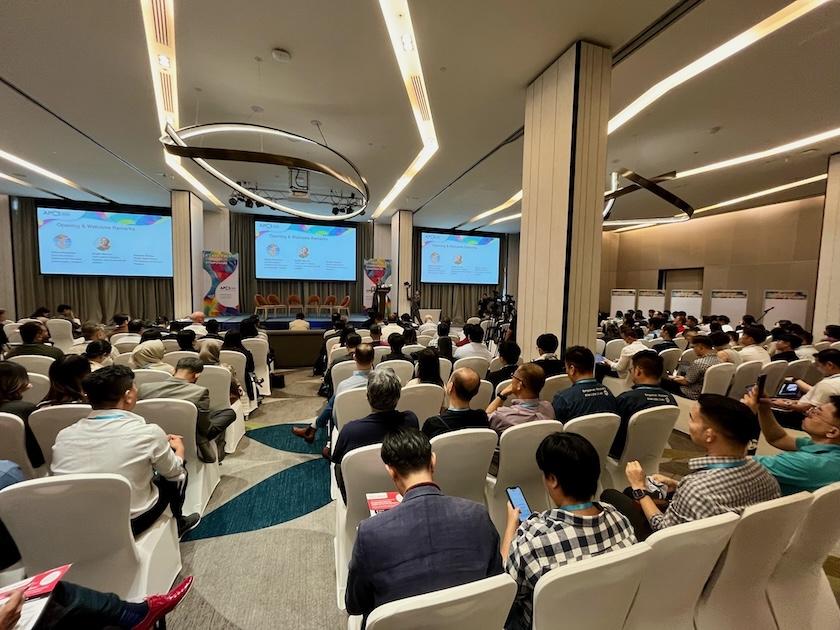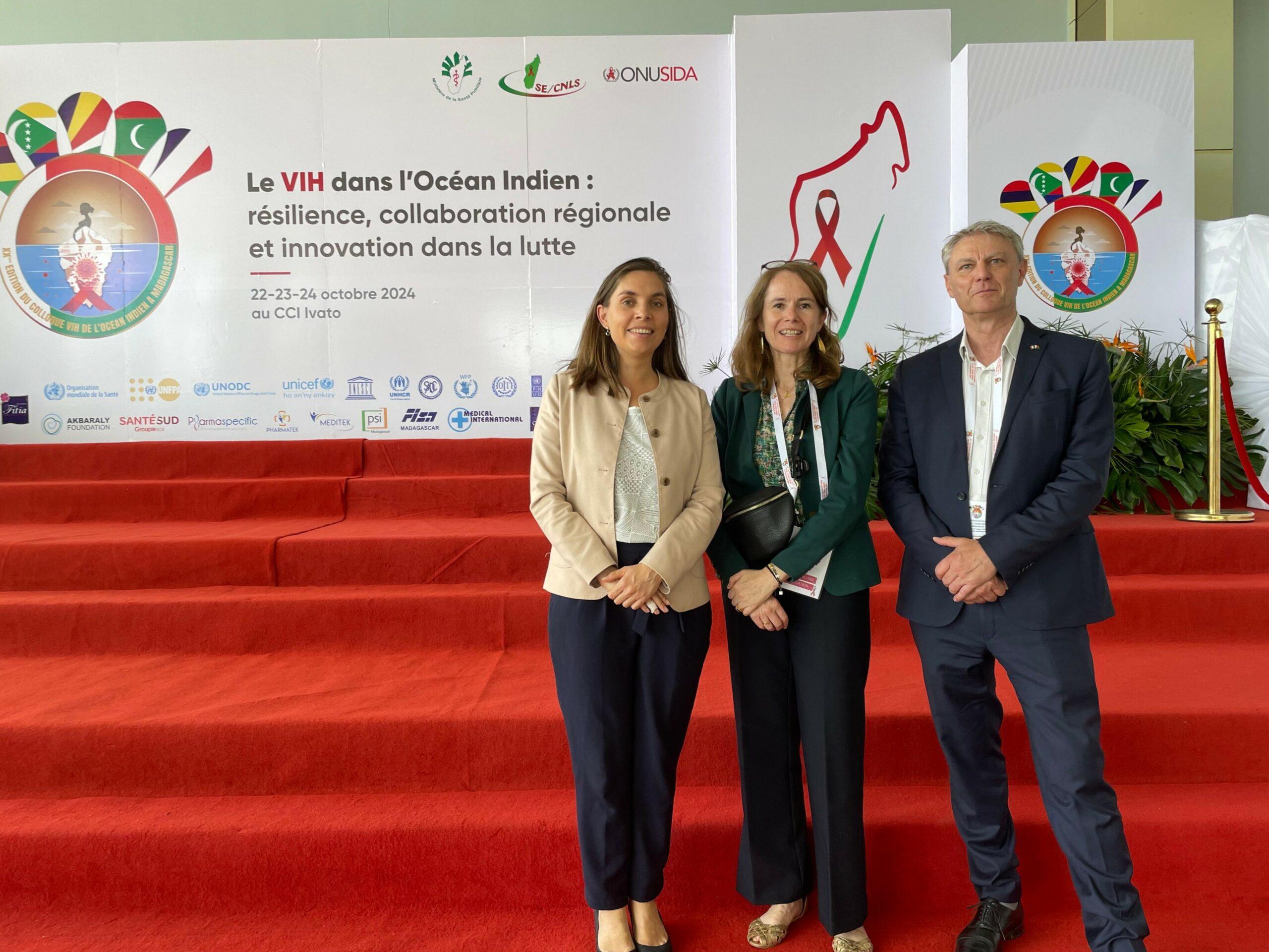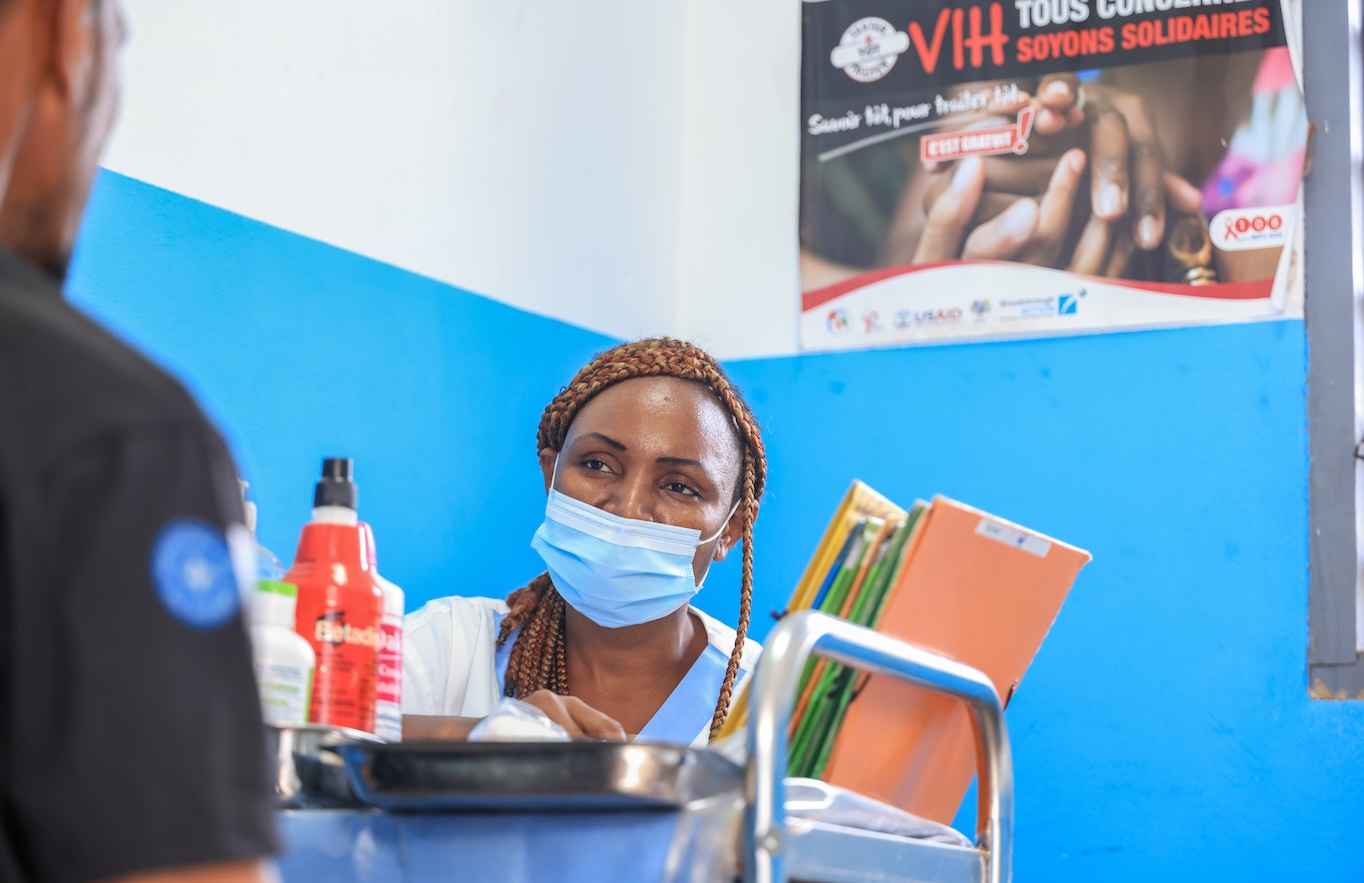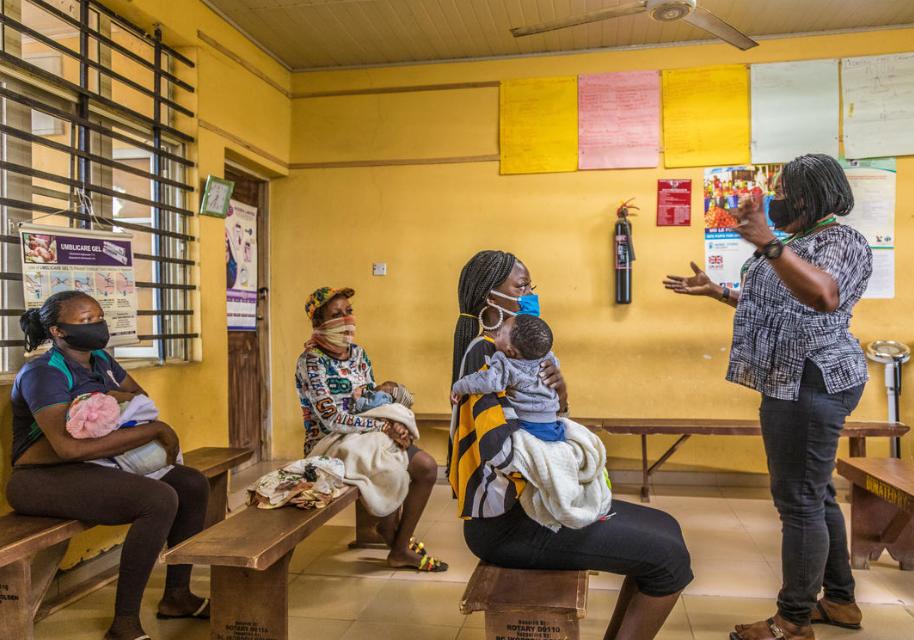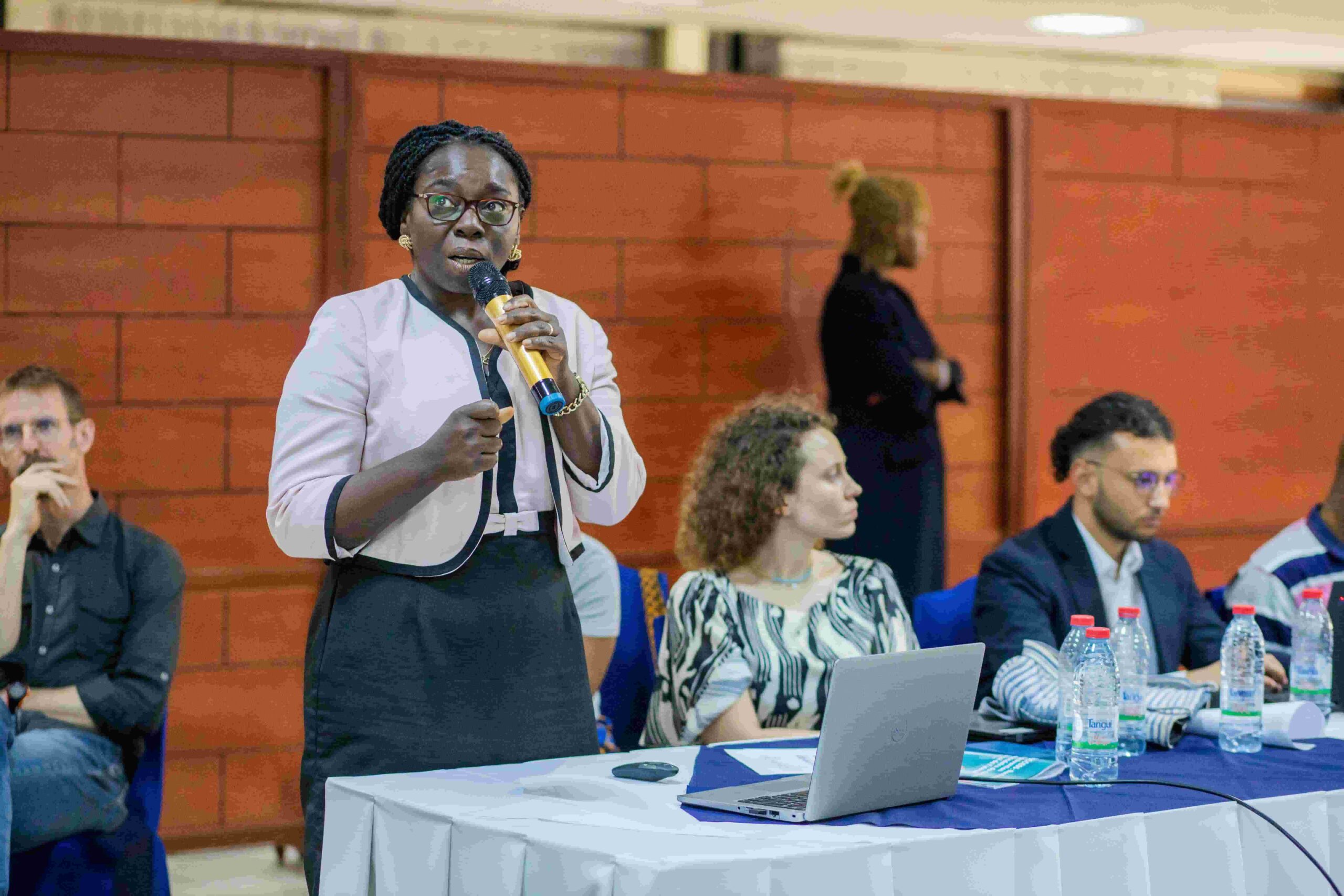Combating HIV among drug users in Ukraine
The NGO AIDS Foundation East-West (AFEW) is working to improve access to HIV treatments for vulnerable populations in Ukraine as war takes its toll on the country’s health system. Elena Voskresenskaya, executive director of AFEW-Ukraine, looks back on the actions the NGO has taken to combat HIV among drug users.
Devastated healthcare facilities, displaced populations, and casualties among healthcare workers: war has ravaged Ukraine’s health system and threatens to hinder the fight against HIV for years to come. To address this crisis, the NGO AIDS Foundation East-West (AFEW) is taking action to improve access to treatment for key populations, including teens, drug users, sex workers, former prisoners, and people living with HIV. Elena Voskresenskaya, executive director of AFEW-Ukraine, takes us through the NGO’s efforts to help drug users in wartime.
How has the war impacted the fight against HIV in Ukraine among drug users specifically ?
Prior to the Russian invasion, Ukraine had made impressive progress in terms of HIV prevention, particularly among key populations. However, the war has taken a significant toll. As soon as the conflict began, the Russian army’s occupation of many towns disrupted prevention services and severely hindered drug users’ access to substitution therapies. Ukraine’s health system has also had to contend with a massive population displacement from the country’s eastern and southern regions to the west. And as if the crisis weren’t dire enough, the increasingly poor quality of drugs available on the street has led to overdoses and deaths.
Fortunately, the situation has improved thanks to the intervention of the Global Fund and other international partners. Health services have gradually been restored, though to a lesser extent in some regions, notably those under Russian occupation.
What are the main achievements of the project entitled “Supporting HIV services for adolescents who use drugs in the time of military conflict in Ukraine”?
We helped build the capacities of local organizations and put in place services for teen drug users in rural areas, including HIV testing, harm reduction, psychosocial services and legal support. We intervened in villages, hamlets, and small communities to work with local youth and provide them with access to these essential services, which are usually concentrated in urban areas.
How do you ensure continuity of care and ongoing support for drug users amidst the logistical and security challenges posed by the war?
Given the challenges posed by the war and the persistent threat to infrastructures, we have made quite a few of our services available online. The digital format has enabled many drug users who moved to Europe with their families to stay in touch with our social workers. We are particularly attentive to the mental health of healthcare workers, who have been severely afflicted by the war and the traumatic experiences arising from it.
How do you see the situation for drug users in Ukraine evolving as far as HIV treatment and prevention are concerned ?
Unfortunately, despite State involvement in the fight against HIV at both the national and local levels, budgets will not likely be able to support HIV services as they have in the past, at least not for some time. On a brighter note, we are seeing changes in legislation that will likely facilitate access to treatment services. For instance, we are in the process of changing regulations to allow social workers and non-governmental organizations to provide HIV tests without any restrictions.
Do you have a message you would like to share to mark World AIDS Day 2023?
My message would probably be one of resilience. I firmly believe that resilience is the key to success for all programs involved in the fight against HIV. It means being able to adjust budgets and approaches, but also being able to adapt quickly to situations. Lastly, we must not forget how crucial it is that people affected by HIV be placed at the heart of decision-making.


